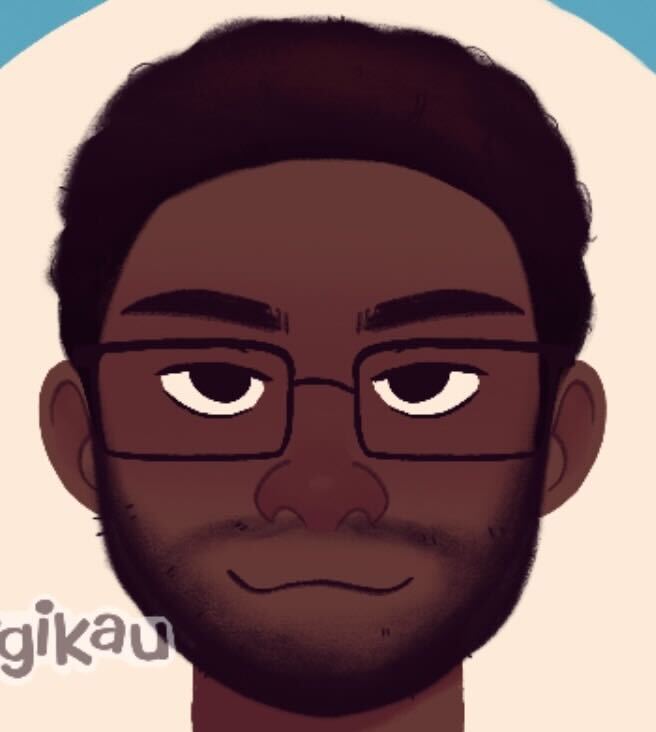[ad_1]

Ex-staffers at Lionhead Studios spoke to The Gamer about Fable 3, the place they mentioned the highs and lows of constructing the nearer to the unique fantasy-RPG trilogy.
Fable 3 launched in 2010, a bit of over two years after Fable 2. However regardless of the shorter timeframe, former inventive director Dene Carter claimed the problem again then wasn’t actually crunch; if something, Lionhead “largely mounted” the method of making a Fable sport by the point of his departure in 2009.
That sentiment was equally echoed by gameplay programmer Kostas Zarifis, who stated making Fable 3 was a smoother cycle than its predecessor. “The bottom was lastly not so shaky,” he famous, explaining that the instruments from the primary two video games have been of nice assist right here.
Typically, it is simple to inform when sequels are made in a brief growth time, both on a presentational or mechanical degree. Zarifis identified that Lionhead actively prevented doing “Fable 2, once more,” calling it a boon and a burden: “We won’t assist it. It is sort of a blessing and curse, the Lionhead means.”
Quite than crunch, the previous Lionhead workers stated they selected to chop the place they might. As he has been beforehand, Peter Molyneux candidly known as Fable 3 “a 3rd of the scale it ought to’ve been.” He instructed The Gamer the sport’s remaining third whereby gamers take the throne and rule Albion was severely minimize down from its authentic supposed design.
“What we wished to do is give gamers the sensation that they may very well be no matter [royalty] they wished,” Molyneux defined. After the primary act was about gamers’ “declare to energy,” the following two would’ve juggled that accountability and proven seen penalties like within the first two video games.
As a substitute, Lionhead did sufficient cutbacks that Molyneux known as them “ten mini-events.”
Fable 3 inherited a troubled throne that ended Lionhead
What did the threequel in, at the very least so far as Molyneux is worried, is that he did not shoot down Microsoft telling them after Fable 2 to “subsequent time, do it on time.” To him, that methodology went towards the Lionhead spirit of “we make the sport, play it, return to the drafting board, play it, return to the drafting board.”
Earlier this yr, Microsoft got here underneath hearth by former 343 Industries staff for the dealing with of Halo Infinite. Chatting with his expertise, Molyneux was a bit of defensive of his former guardian firm, although his feedback have been additionally barely illuminating of how working underneath bigger studios may very well be again then (and nonetheless may be, in some instances).
On one hand, Molyneux stated Microsoft “by no means instructed you to do one thing, they simply dangled a very pretty golden carrot in entrance of you in the event you did one thing.” However by his personal admission, he may’ve pushed to delay Fable 3 as a substitute of going for the bonus construction that “incentivized us to hit our dates, somewhat than hit the standard.”
“It could have been my fault really,” he stated. “I hate the truth that we had all this potential and we did not do what we must always have carried out, and [said] it wants one other yr and a half. It wanted double the time, principally.”
Carter left a yr earlier than Fable 3 got here out, implying his exit was resulting from “different forces conspiring to make the design of the sport painful. From what I heard about what it was like at Lionhead after I left, I used to be very glad I used to be not working there.”
Lionhead closed its doorways in 2016. The Gamer intends to launch a deep dive on the studio’s final days within the close to future, however till then, its look again on Fable 3 may be learn right here. The complete retrospective dives into the sport’s interactive UI, audio, and buying its star-studded solid.
[ad_2]